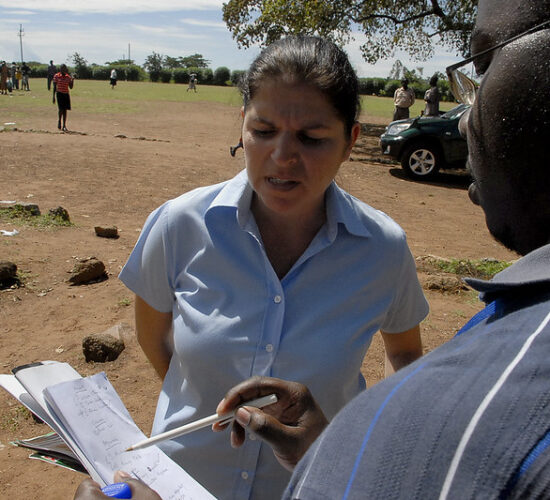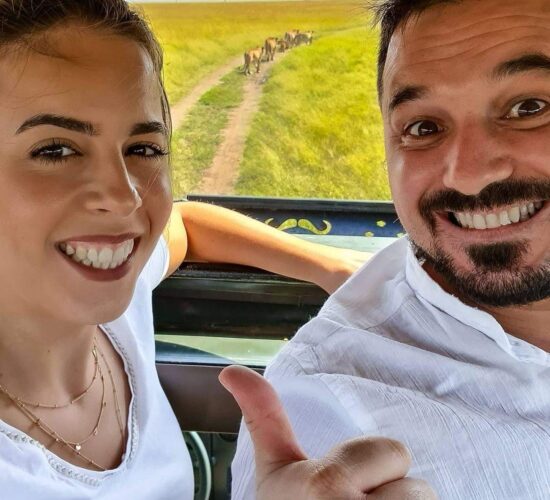Global Safaris has extensive knowledge and experience in most African Countries… And throughout the many years we have learnt about a few ‘Do’s and Don’ts’ while travelling in and around Africa. We have therefore developed this list for you to read at your leisure. All tips are not always relevant to all the areas that you travel to – depending on your tour.
• Arriving for Safari
Get some rest on the first day of your arrival – you may need some time to adjust to a different time zone. Rather arrive a day early to rest and start off your tour refreshed and ready for adventure!
• Currency
when you need to exchange you currency avoid any exchanges on the street or in other areas that may seem suspect… Always note that even when people approach you with an e.g.: 50% premium exchange rate offer – which this exchange is considered part of the black market and is illegal! Hotels, Camps and Lodges can change money, but sometimes the rate is slightly lower. We recommend that you visit an accredited Bureau de Change.
• Credit Cards
Credit cards such as Visa and MasterCard are widely accepted in most areas as well as at bigger hotels and lodges.
• Hospitals and Pharmacies
The larger towns in Southern Africa have pharmacies and hospitals, but you should always make sure you have enough of your medicine in case the pharmacies/hospitals don’t stock them.
• Telephone
in most areas you can call internationally – however please note that some of the smaller areas may not have these facilities and international phone calls are costly. Also, built up areas and towns do have cell-phone reception!
• Passports, Documents and Valuables
Please make sure that you keep your passport, documents and any other valuables with you at all times! We recommend that a copy of these documents should be made and kept in another safe place in case something happens to the originals. Never leave valuables alone and remember you are on safari, so expensive and valuable jeweler is not necessary.
• Safety
Every area (any where in the world) can be unsafe at times. Please take common precautions at all times and never walk alone especially at night or in run-down areas!
• Packing
Remember to always check the amount of luggage you are allowed to take on the plane as well as on the Safari Vehicle – they may differ. We recommend that a soft bag is used instead of a hard suitcase as it’s preferable on safari. Most air flights allow for 20kgs and our scheduled safaris are limited to 12kgs per person. Don’t forget to put luggage tags on your suitcases (for the airplane and the safari).
• Luggage and Medication
Please be advised that you should put any medication that you need (e.g.: diabetes medication) into your hand luggage, even with the strict regulations, airlines will allow that as long as you have a letter from your doctor.
• What to wear
you are on safari and out in the bush so make sure that you are comfortably dressed with comfortable shoes. Always have a mix of clothing including; summer clothes, light raincoat, warm top and a hat.
• Punctuality
Please be on time when you meet your vehicles for the game drives. If you run late you may delay the rest of the trip or miss something wonderful!
• Climate
always remembers that the African Sun may look gentle but it is strong and can be harsh. Too much sun can lead to headaches, dehydration, nausea and dizziness. Rather look after yourself by using sun screen and a hat versus trying to get a nice African Tan.
• Drinking Water
In built-up areas the water is safe to drink (mostly in South Africa) however, some areas it is not safe to drink the tap water at all! So we rather recommend that you drink bottled water at all times to prevent any illness. You may use the tap water to rinse your mouth when brushing your teeth! Ice is generally fine to consume, but sometimes it is better to be cautious. We advise you to rather drink bottled water at all times in Africa!
• Food and drink
Africa is famous for its fruit and fresh vegetables – which can be enjoyed all around Africa. Fruit and Vegetables should be peeled before eating. Drinks (including spirits) and cigarettes can be bought in most areas but are normally quite expensive. On our Safaris we do provide most/all meals which are prepared by our guide or at a lodge.
• Anti-malaria medication
A lot of areas in Africa are affected by Malaria – we strongly recommend that you take your anti-malaria medication. Take your medication exactly as its prescribed and directed, don’t skip any medication! At the end of your safari, if at any time you develop influenza symptoms please consult your doctor immediately.
• Power and Electricity
Most places (hotels, lodges) have electricity. But we always recommend that you should take a flash light with you on safari. Always remember if you plug something in (e.g.: One of your appliances) there may be a different voltage! The usual voltage is 220-240 AC. If you appliance does not match this voltage you need to bring a converter with as some lodges may not have a converter for you to use…
• Photos
There will be many amazing photo’s that you will want to capture along the way on your safari. But, you need to make sure you don’t take any photos of any people without their permission. Also, never take pictures of anyone/anything in the military, police force, armed forces, government, presidents or airports.
• Animals
The animals in the bush and the ones that you may see on safari are wild and should not be approached! Animals may roam freely around so be observant and cautious when walking from place to place.
• Tipping
Tipping is not included in meals unless there is a service charge included in the bill – then you don’t need to tip. Normal tipping is 10% of the bill for drinks and food. Tipping for guides and drivers are always appreciated and range from US$5 and US$10 per day…
• Diver-Guide/Safari Guide
your driver and guide is complete with experience, information and knowledge of all the areas that you will travel to. Be sure to ask them lots of questions and feel free to chat to them about anything.

